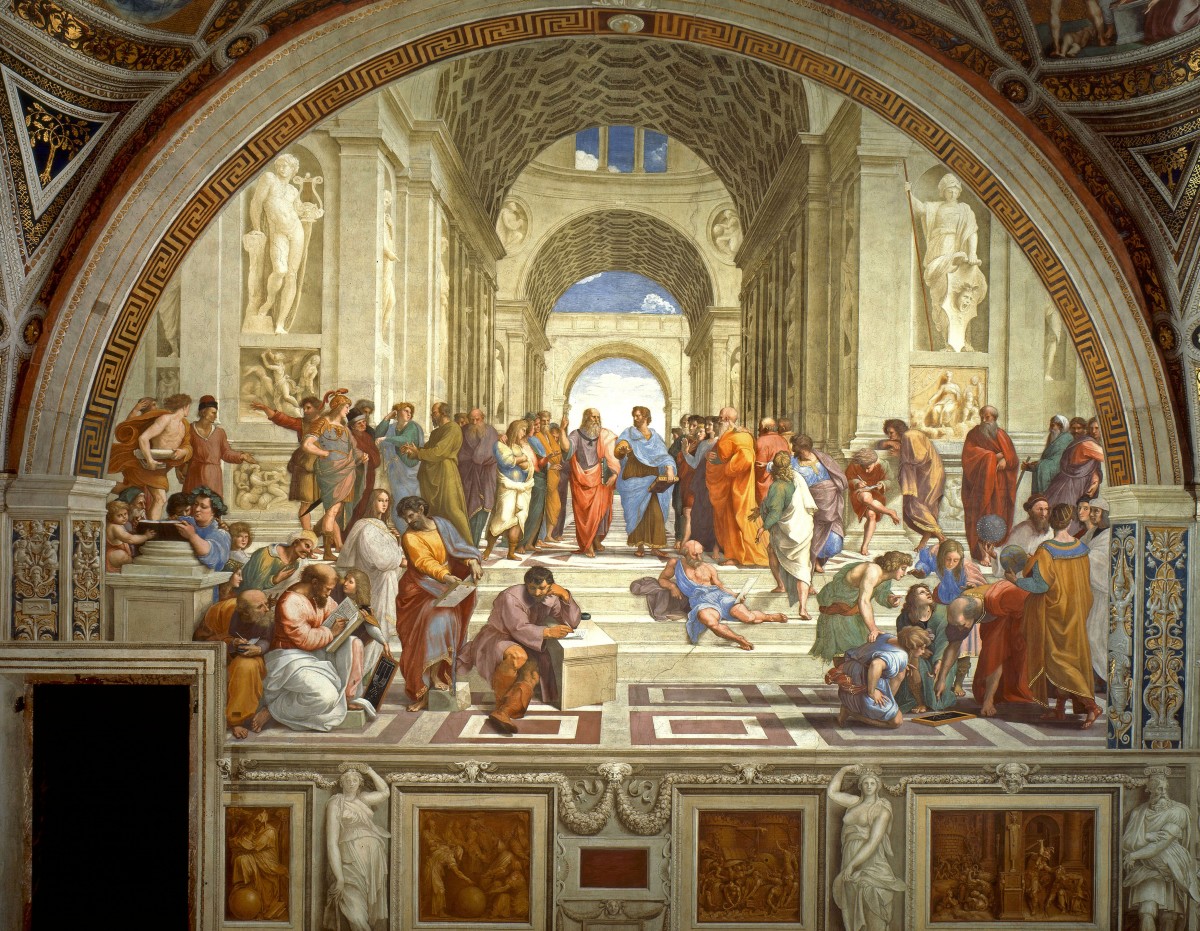Humanism both aided and impeded the advance of science. The Renaissance was less a dramatic rebirth of science than an age of preparation for the scientific revolution that was to come in the seventeenth century. The major contribution of the humanists was increased availability of ancient scientific authorities, as works by Galen, Ptolemy, Archimedes, and others were for the first time translated from Greek to Latin.
An important contribution also came from the Scholastic tradition. Despite the scorn the humanists heaped upon them, the Scholastics’ insistence on systematic work habits and their enthusiasm for Aristotle promoted scientific studies.
Humanism thwarted the advance of science by putting old authorities beyond the reach of criticism. Few scholars believed it possible to improve on the astronomy taught by Ptolemy or the medicine taught by Galen. Galen, for example, had taught that the blood moved from one side of the heart to the other by passing through invisible pores in the thick wall of tissue separating the two sides of the organ; actually, as William Harvey (1578-1657) was to show in 1616, the blood gets from the one side to the other by circulating through the body and lungs. Galen’s theory of invisible pores kept Leonardo da Vinci from anticipating Harvey; when his anatomical investigations led him to the brink of discovery, he backed away because he could not believe that Galen might have erred.
Da Vinci (1452-1519) exemplifies both the shortcomings and the achievements of Renaissance science. He had little concern for systematic cataloging of observations and the publication of his findings and speculations. Yet Leonardo also showed remarkable inventiveness, drawing plans for lathes, pumps, war machines, flying machines, and many other contraptions, not all of them workable but all highly imaginative. He had a passionate curiosity about almost everything concerning human beings and nature.
His accurate drawings of human embryos differed radically from the older notion of the fetus as perfectly formed miniature human being. His geological studies convinced him that the earth was far older than the scholars of his time thought it to be. The Po River, he estimated, must have been flowing for 200,000 years to wash down the sediments forming its alluvial plain in northern Italy.

